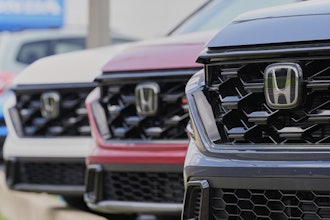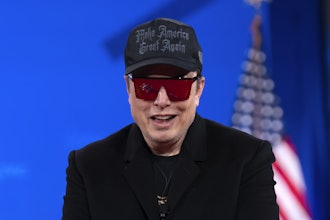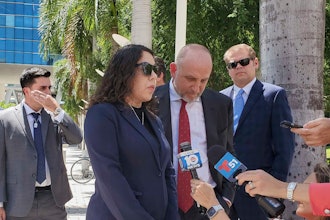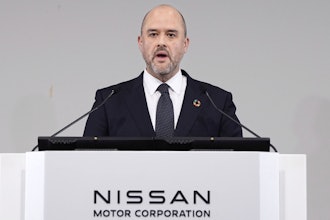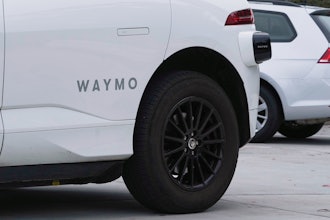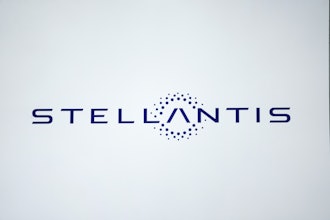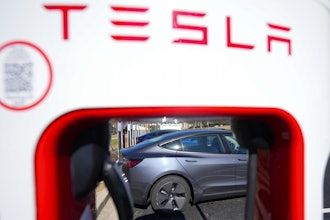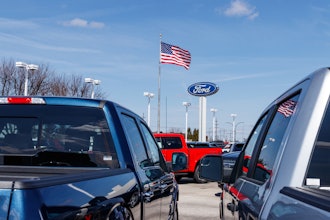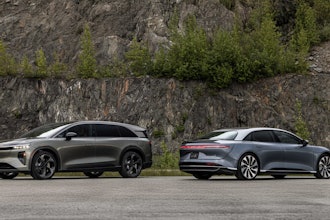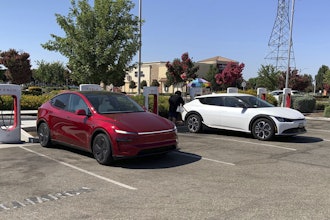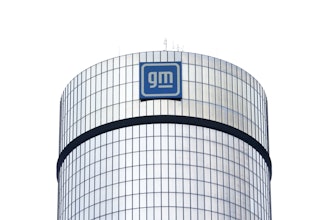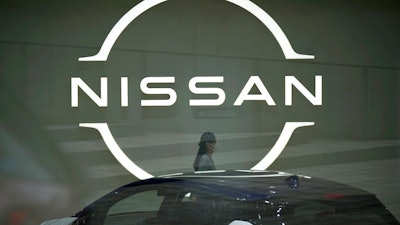
TOKYO (AP) — Nissan and Renault have agreed to equalize the stakes they hold in each other, both sides said Monday, ironing out a source of conflict in the Japan-French auto alliance.
Up to now, Renault Group has held a 43.4% stake in Nissan Motor Co., potentially giving it a larger say in how the Japanese automaker is run. It will transfer shares equivalent to a 28.4% stake to a French trust so each side will hold the same 15% stake in the other, according to the companies.
The disparity between the holdings was a cause of friction, especially after Nissan became far more profitable than Renault.
The agreement on the change is still being finalized and needs board approval from both companies.
The companies said the shares in the French trust can eventually be sold but did not say to whom or how. They said the sale will be carried out in a “coordinated and orderly process” if a deal makes commercial sense to Renault Group, and that there is no time deadline.
Until then, the voting rights would be “neutralized” for most managerial decisions, but the economic rights, such as dividends, will continue to go to Renault, the companies said.
The top shareholder in Renault is the French government. Japanese Prime Minister Fumio Kishida met with French President Emmanuel Macron earlier this month.
The alliance has had its ups and downs since it began in 1999, when Renault sent one of its executives, Carlos Ghosn, to then-struggling Nissan to lead a turnaround. Ghosn first served as Nissan's chief executive and later its chairman before he was arrested in late 2018 on various financial misconduct charges.
The alliance, which also includes smaller Japanese automaker Mitsubishi Motor Corp. and remains one of the world's top auto groups, has been eager to put the Ghosn scandal behind it.
Allegations against Ghosn include underreporting income, using investment funds for personal gain and illicit use of company expenses, including overseas homes and a yacht. Ghosn said he is innocent of all charges. He jumped bail in late 2019 and is now in Lebanon, which has no extradition treaty with Japan.
The equalization of the crossholdings has been speculated about for some time.
The companies called the move “an important milestone.”
“The ambition is to strengthen the ties of the alliance and maximize value creation for all stakeholders,” said Nissan, based in the port city of Yokohama.
The agreement calls for Nissan to invest in Ampere, an electric vehicle and software company founded by Renault. Details of the investment were not released. The companies will also work together on marketing, vehicles and technology in Latin America, India and Europe, they said.
Nissan makes the Leaf electric car and the Infiniti luxury models.
The announcement underlines the automakers' efforts to work together to ride out the avalanche of changes underway in a highly competitive industry. With worries growing about climate change, global markets are pushing electric vehicles and other cleaner modes of transportation.









